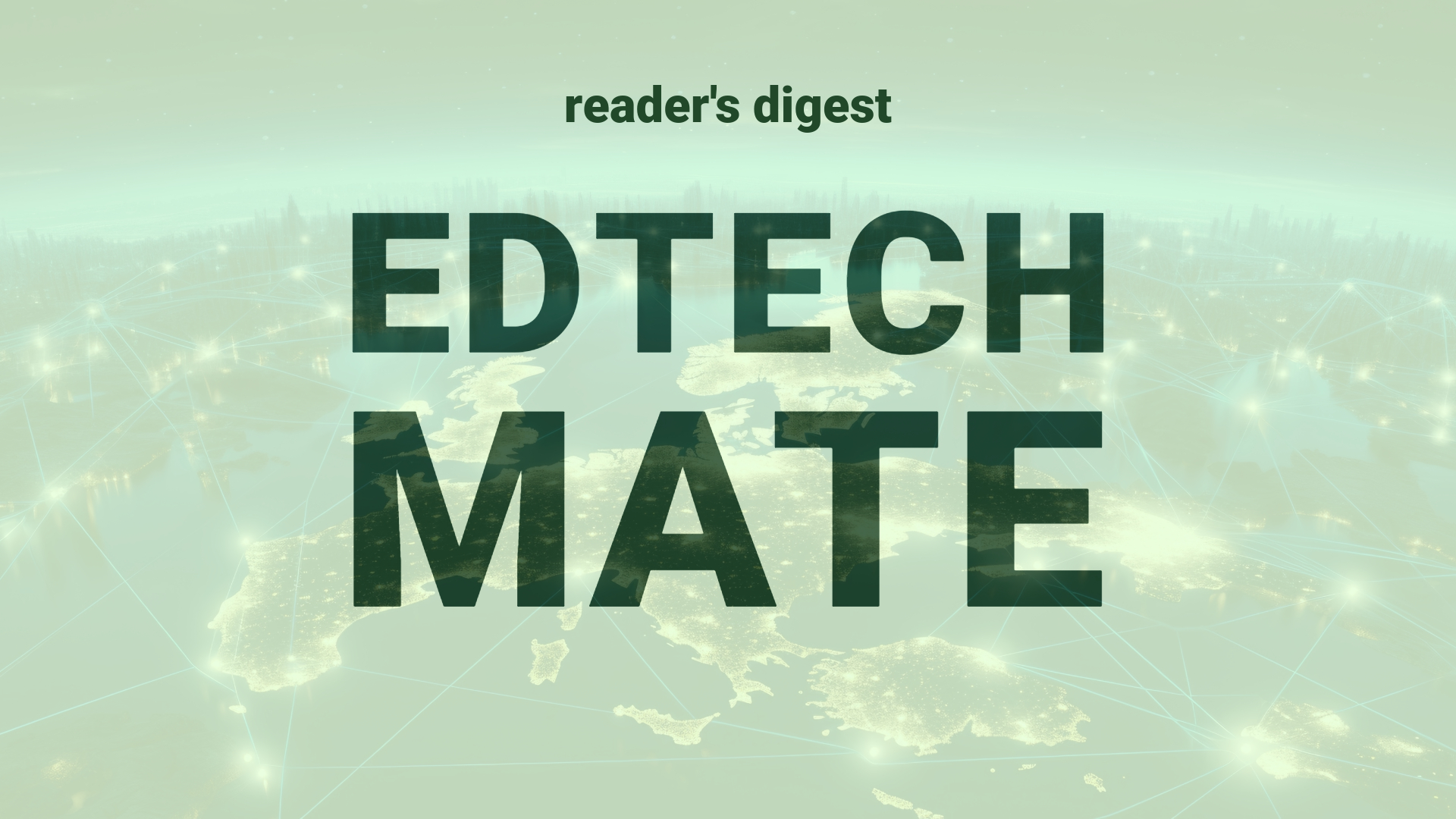“`html
Executive Summary and Main Points
The European Union (EU) commenced an in-depth investigation into tech conglomerates—Apple, Alphabet, and Meta—under the new Digital Markets Act (DMA). This legislative movement marks an assertive stance towards regulating digital marketplaces and ensuring compliance in the technology sector. The investigation scrutinizes the companies’ adherence to anti-steering rules, the potential for self-preferencing, and implementations of user choice features. Notably, the inquiry probes into Apple’s fees and limitations on steering, its compliance with app uninstallation, and default service choice features, Alphabet’s display of Google search results for self-preferencing, and Meta’s ‘pay or consent’ model for its subscription service. These actions signify a pivotal moment for digital governance with major implications for educational technology and the ways in which digital platforms can influence access to services and information within global higher education.
Potential Impact in the Education Sector
The EU’s investigations into these tech giants may provoke a shift in digital practices that could greatly affect Further Education, Higher Education, and Micro-credentials sectors. Increased transparency and fair competition might prompt a proliferation of more diverse and competitive digital educational tools. Meta’s ‘pay or consent’ investigation could urge platforms to reassess how personal data is leveraged for educational services, possibly leading to more privacy-centric options. Changes in app store practices from Apple might lower barriers for innovative educational app developers, offering students broader and more affordable access to learning resources. Alphabet’s examination might motivate enhanced neutrality in information retrieval, promoting more balanced exposure to educational content and services.
Potential Applicability in the Education Sector
Such regulatory actions could advance the applicability of artificial intelligence (AI) and digital tools in education. AI-driven applications which rely on unbiased search algorithms and fair app marketplace practices could gain more equitable entry into educational settings, fostering inclusivity. Enhanced regulations on personal data could lead to educational platforms prioritizing user consent and develop AI tools that perform effectively with less invasive data collection. Moreover, the potential diversification of app distribution methods could encourage educational institutions to adopt a wider range of AI-enabled learning and administrative platforms, tailored more closely to their particular needs within the global education framework.
Criticism and Potential Shortfalls
While the EU’s aggressive stance on digital governance is promising, there are potential shortfalls to consider. Criticisms may arise regarding cultural discrepancies in how privacy and data management are perceived globally, potentially hindering uniform global adoption of such regulations. The ‘pay or consent’ model under scrutiny with Meta might set precedents that could marginalize students who cannot afford subscription models; thus, the cultural and ethical implications of equitable educational access remain at the forefront. Further, there may be concerns about the EU’s regulatory reach and international tech companies’ responses could impact educational technologies in different regions, necessitating a harmonized international approach to digital marketplace regulation.
Actionable Recommendations
In response to these developments, educational leadership should consider action steps to leverage potential changes. Firstly, engaging in strategic partnerships with compliant and innovative technology providers will be essential to remain ahead of the curve in digital transformation. Second, educational institutions should reassess their digital strategies to align with the EU’s regulatory framework, thus future-proofing their technology choices. Third, there should be proactive initiatives to enhance digital literacy among stakeholders, ensuring they are well-equipped to navigate a rapidly evolving digital marketplace. Lastly, educational leadership should actively participate in relevant policy discussions to influence digital governance in ways that advance the goals and values of global higher education.
“`
Source article: https://www.cnbc.com/2024/03/25/eu-launches-probe-into-meta-apple-and-alphabet-under-sweeping-new-tech-law.html

